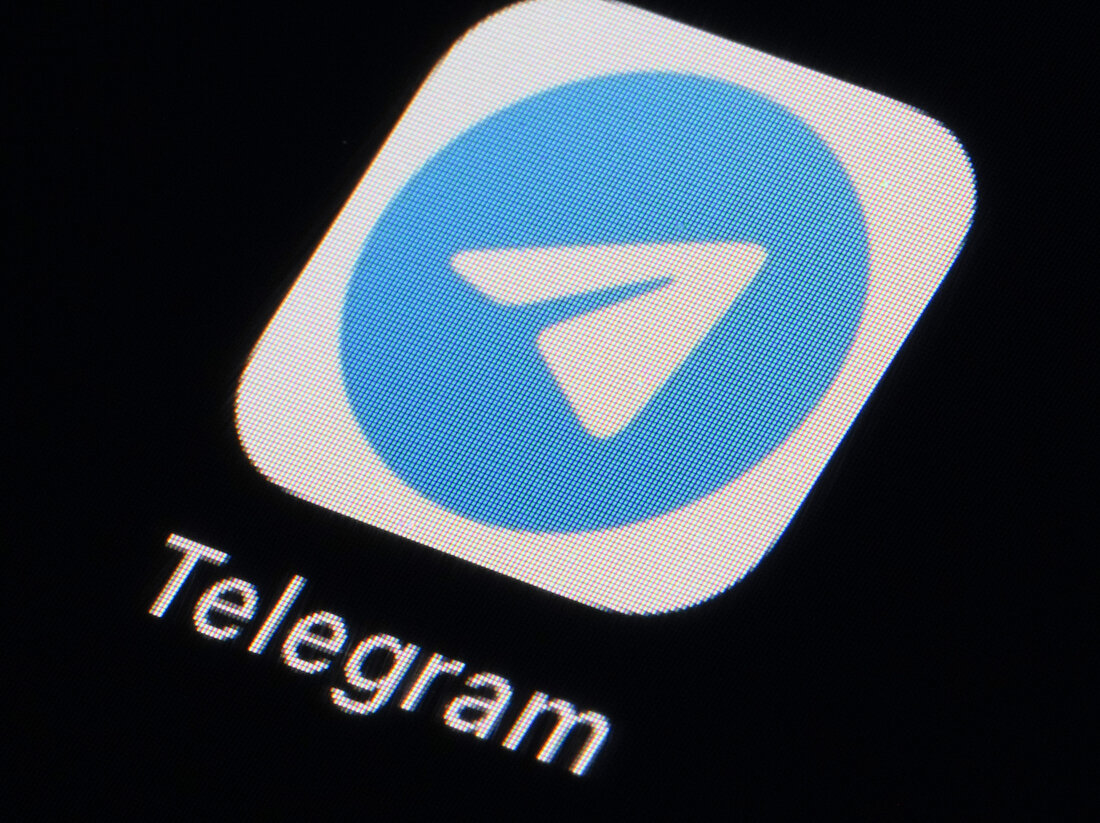PUTRAJAYA: Google and X have yet to submit applications for the newly required class licenses, which came into effect on January 1 under Malaysia’s updated regulatory framework.
These licensing mandates, announced last July, aim to shield the public from potential online risks. Platforms and messaging services with more than eight million registered users in Malaysia are now subject to these regulations.
The Malaysian Communications and Multimedia Commission (MCMC) acknowledged that Google, the parent company of YouTube, raised concerns regarding how its video-sharing service is classified under the new rules. In response, the commission assured that it would address these issues and make sure YouTube, along with other qualifying platforms, complies with the new requirements.
Meanwhile, X has informed MCMC that its user base in Malaysia has not yet reached the required eight million threshold. The commission is investigating this claim and will continue discussions with X to confirm the platform’s status.
Several other major platforms, however, are already in the process of applying for their licenses. Tencent’s WeChat became the first to obtain the Application Service Provider Class license, followed by ByteDance’s TikTok. Telegram is said to be in the final stages of obtaining its license, and Meta, the parent company of Facebook, Instagram, and WhatsApp, has already begun the application process, with expectations of completing it soon.

MCMC stressed that it will keep monitoring platforms that have not yet obtained their licenses, warning that non-compliant services could face fines or legal action under the Communications and Multimedia Act 1998. Penalties may include fines of up to RM500,000 (US$111,600), imprisonment of up to five years, or a daily fine of RM1,000 for each day of non-compliance.
Communications Minister Fahmi Fadzil emphasized that Malaysia does not intend to ban or block social media platforms, given their crucial role in the country’s digital economy.
The regulatory changes follow the tragic death of social media influencer Rajeswary Appahu, also known as Esha, who passed away after reporting harassment during a TikTok live session. This incident led the government to reconsider its approach to managing online platforms, especially concerning issues like cyberbullying.
According to World Population Review, WeChat has 12 million users in Malaysia, while Kepios data shows that, as of early 2024, YouTube has 24.1 million users, TikTok has 28.68 million users aged 18 and older, Facebook has 22.35 million users, and X has 5.71 million users in the country.
Subscribe to us: